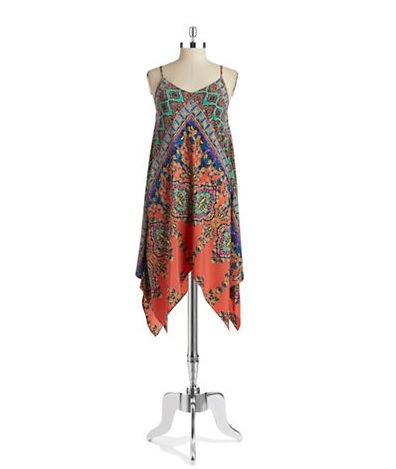
Here’s the easy answer: You don’t.
It may be impossible to own an LLC anonymously. There’s always a paper trail and financial records that eventually lead to you.
Burying Your Identity in Your LLC
Creating an LLC requires paperwork and money. The Articles of Organization that are filed with the State are public records. If you didn’t want to have your name on your company, you set up layers of companies that own companies that own your LLC so it would take longer to trace it back to you. You could also set up a blind trust where you are the beneficiary. That would keep your name off the public records, but there would still be documents somewhere that show the connection. (Because business filing are public records, I often recommend that clients not use their home address as their business address. There are many low-cost mailbox services.)
Even if your name is not on the company as an owner, there would still be the records of payments to you. It may require a court order for someone to gain access to this information, but it would be telling if the majority of payments from the company (or companies if you ran it through multiple entities) went to a single person.
When someone asks how to be an anonymous owner of a company, it raises a red flag for me about their motivations and their business activities. If a company or person is controversial or engaging in potentially malicious acts, it may raise enough eyebrows that someone will be motivated to take a closer look at its inner workings.
How to Run a Website Anonymously
Conversely, it may be possible to operate a website relatively anonymously. You would have to essentially divorce yourself from the website:
- Use an email address for the website registration that isn’t otherwise connected to you. Don’t access this email using your phone.
- Pay for the website with a pre-paid credit card.
- Use a web hosting service that protects your information.
- Only access the website using public wifi. Never access it from work or home.
- Turn off your phone when working on your website – so the GPS in your phone will be turned off.
- Consider using an app that masks or mocks your GPS location when you access the internet.
Even when you take all the precautions to be anonymous online, be prepared to be unmasked at anytime. Whatever you say anonymous, you best be ready to own it once your name and face are attached to it.
If you want a resource regarding the legal dos and don’ts regarding posts on the internet, please check out The Legal Side of Blogging: How Not to get Sued, Fired, Arrested, or Killed. If you need legal help regarding internet privacy, you can contact me directly or a social media lawyer in your community. I post about these issues on Twitter, Facebook, YouTube, and LinkedIn. You can also get access to more exclusive content that is available only to people on my mailing list, by subscribing here.











